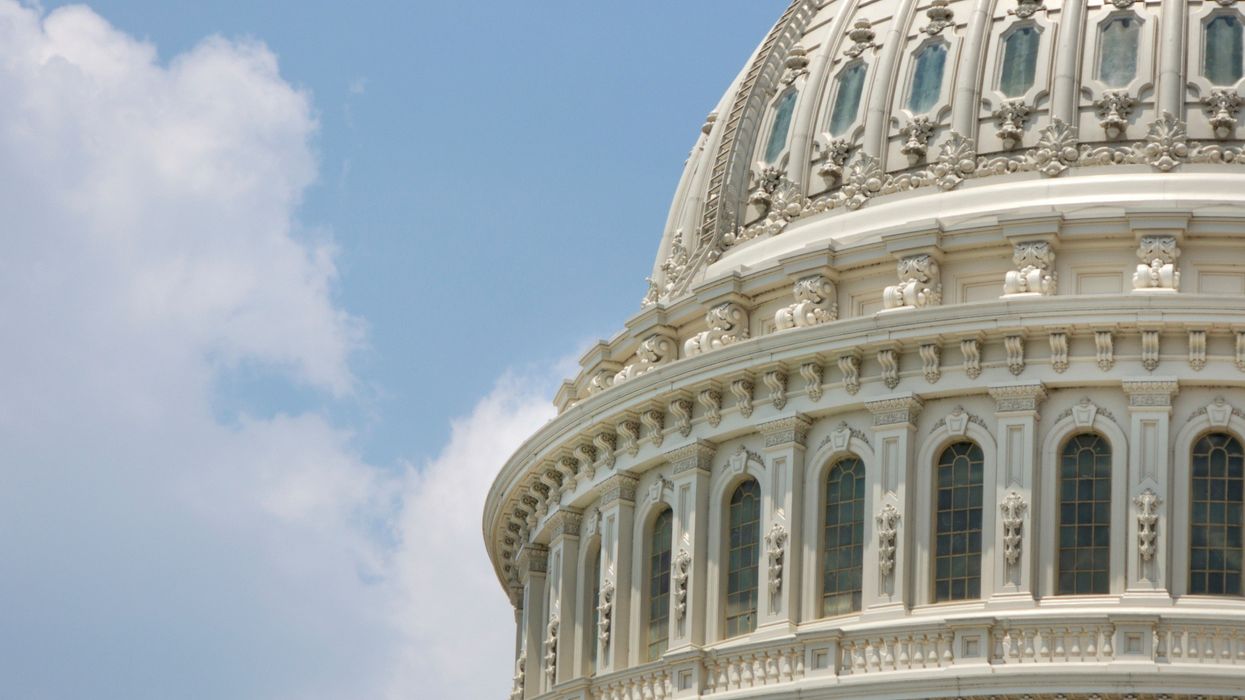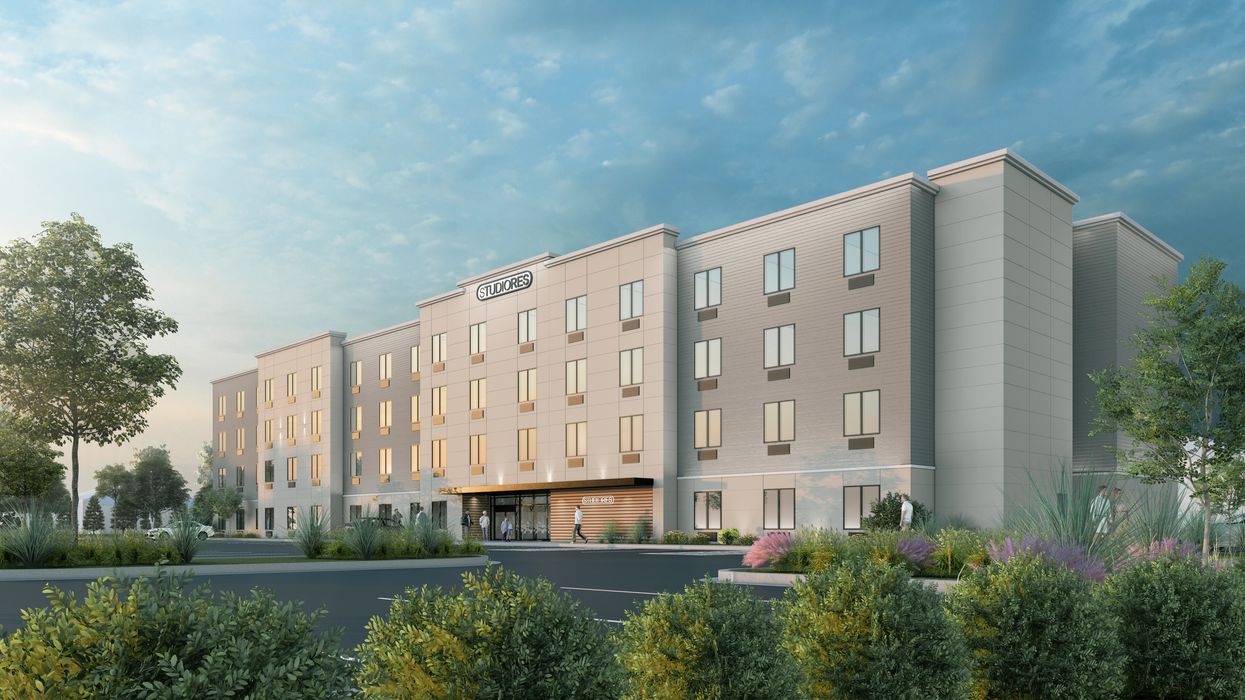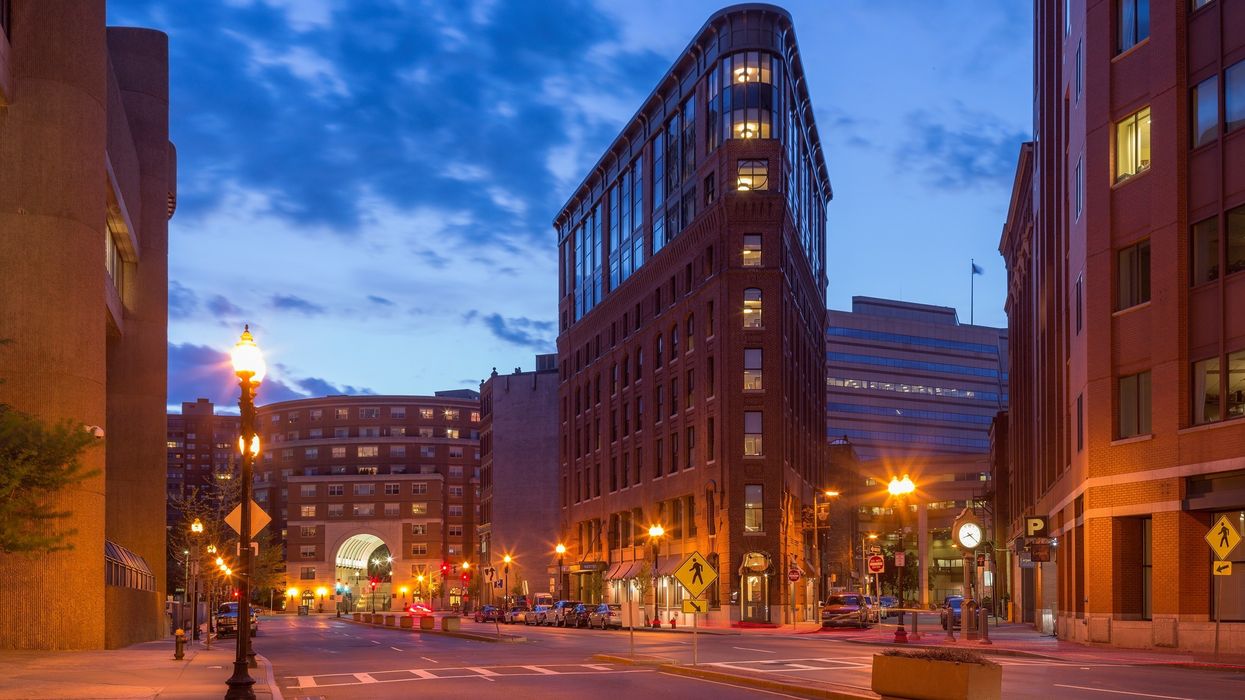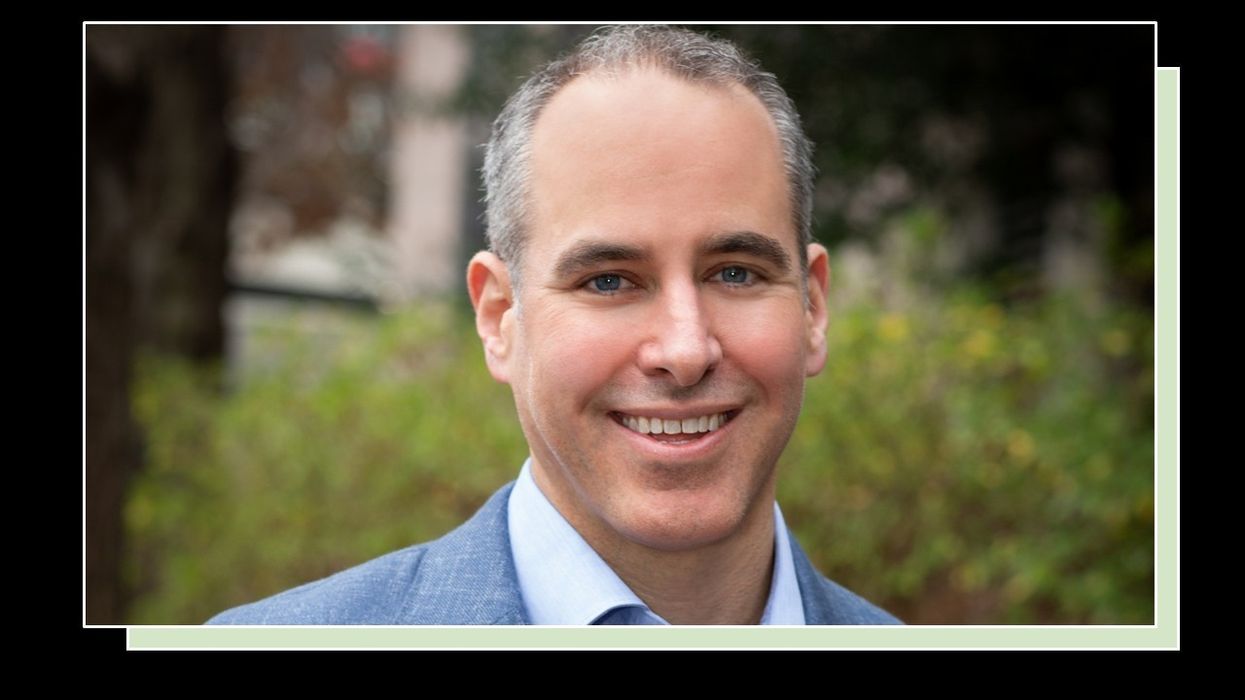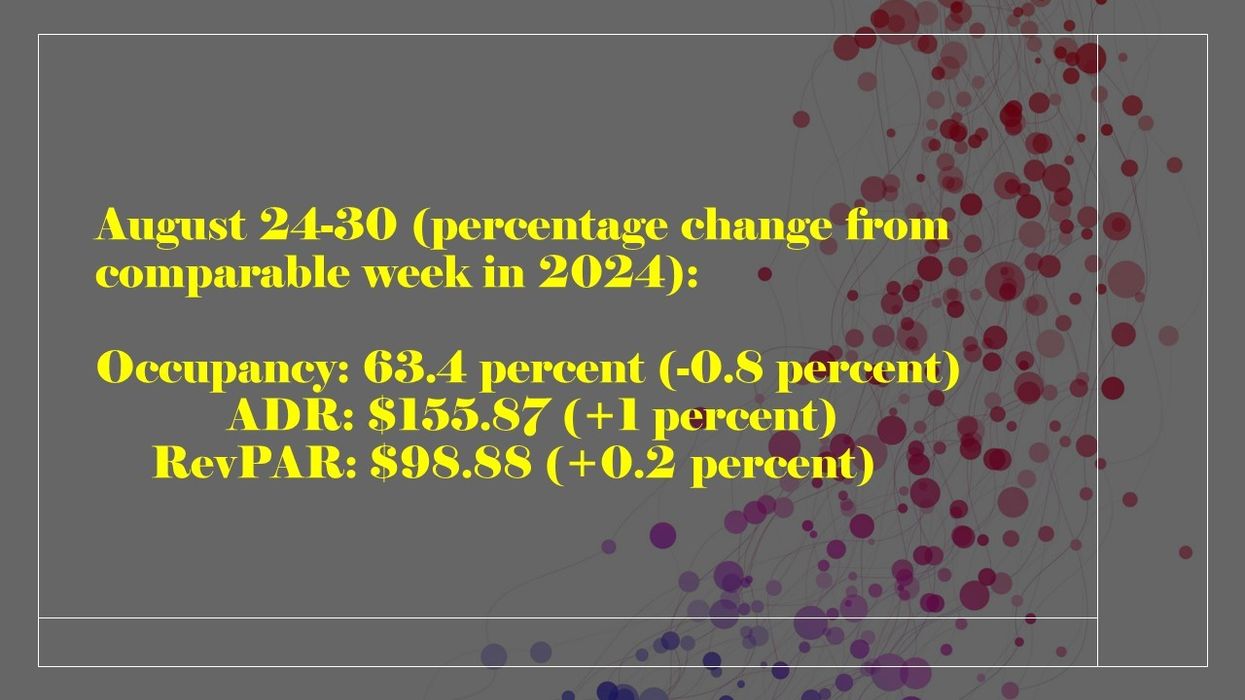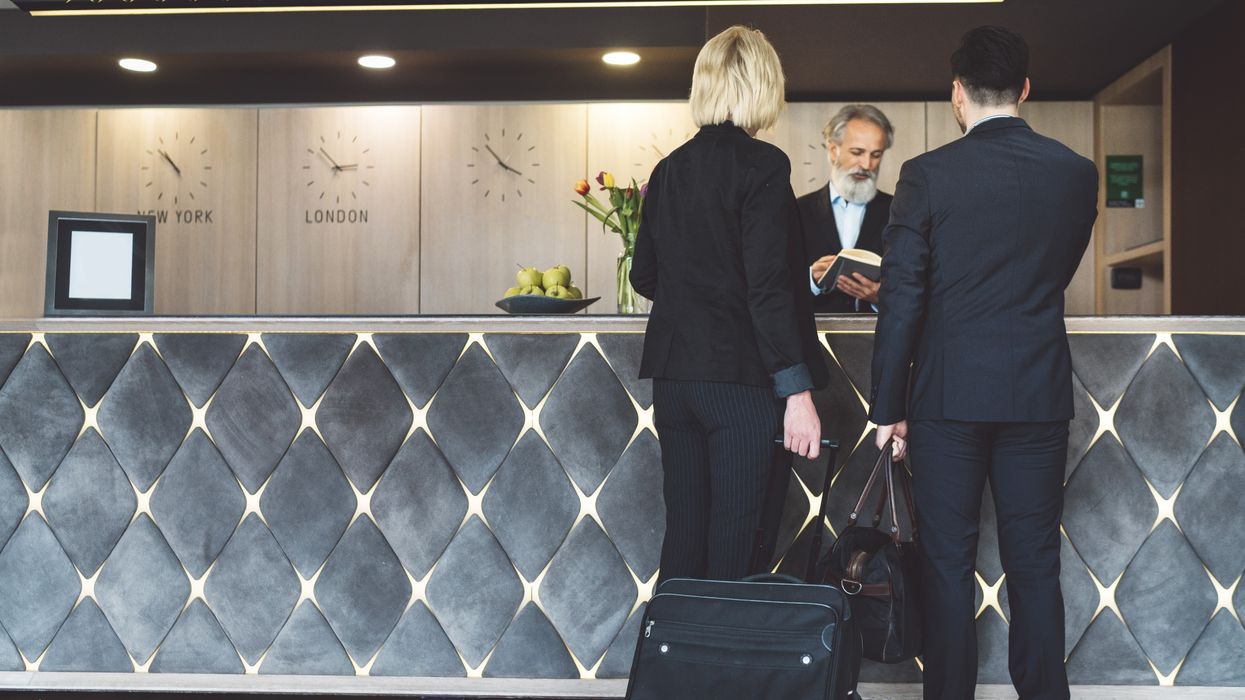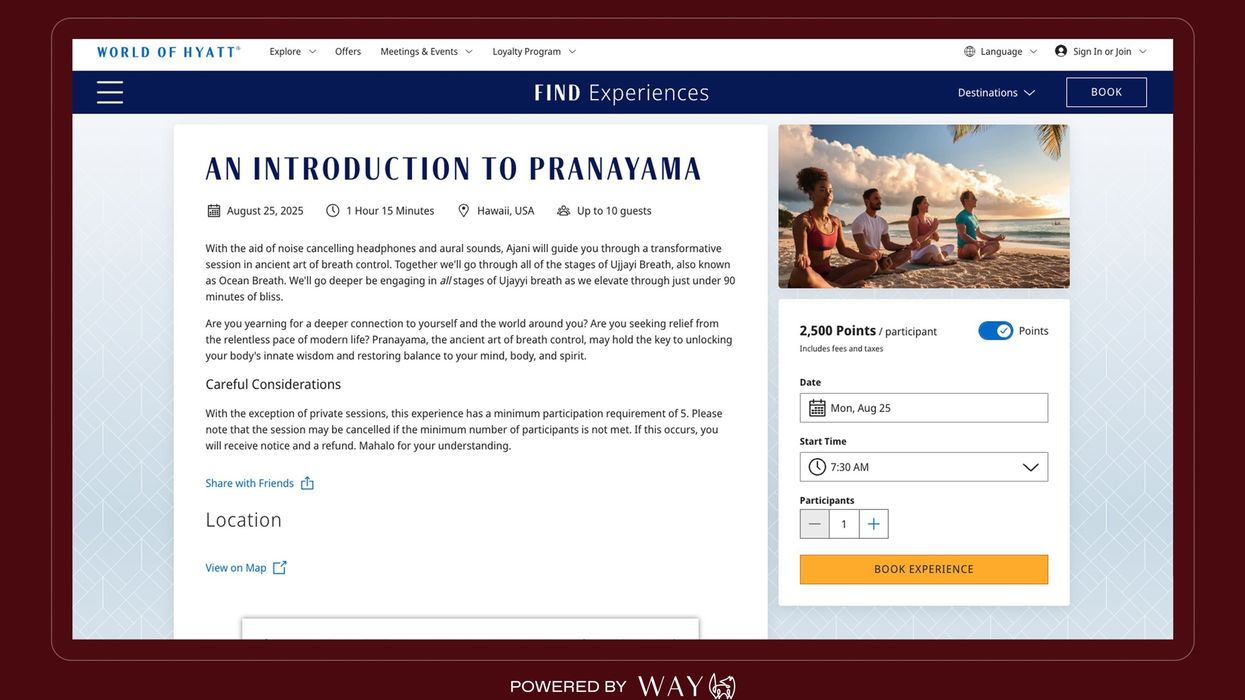A GROUP OF young Asian American hoteliers have established a grassroots organization to provide ongoing donations to frontline workers in efforts to fight the COVID-19 pandemic. Another group in Phoenix, Arizona, also raised money for emergency workers there.
Masks from the 12
The group of 12 hotelier from states including California, Texas, Oregon and Washington, previously donated 25,000 facemasks to hospitals in their home states. They have now set up #HospitalityStrong, a grassroots organization designed to combine resources from the hotel industry to provide targeted assistance to communities across the country in response to the pandemic.
The group is in the process of donating 200,000 protective face masks to hospitals in seven states.
“We are on our way toward reaching a donation of 500,000 masks by our various participating hotel ownership companies,” said Neal Patel, secretary of AAHOA who helped organize the group with Bijal Patel, who is chairman of the California Hotel & Lodging Association.
The 12 hoteliers and their eight companies are:
- Taran Patel, managing partner at A1 Hospitality Group, which operates properties in Oregon and Washington.
- Neal and Avi “Sunny” Patel, founders and managing partners of Blue Chip Hotels, which operates in Texas.
- Shirin Patel, principal at Canterbury Hotel Group, with properties in Oregon.
- Suraj Patel, president, and Ravi Govin, vice president, of Clutch Hotel Group in Texas.
- Bijal Patel, who also is CEO and principal of Coast Redwood Hospitality, in Northern California.
- Mayur “Mike” Patel, managing partner, and Amish Patel, director, of Prosper Hospitality in Texas.
- Mitesh Jivan and Alpesh Jivan, founders and managing partners of TenSeventy Hospitality in California.
- Sawan Patel, managing partner at Unity Hotels Group in Texas.
“To be a good hotelier and properly serve guests, you have to give of yourself every day,” said Bijal. “Our mask donation is another way for us to give of ourselves, this time to the communities we serve.”
Mitesh Jivan, who also operates Jivan LED lighting business, used his lighting industry contacts in Asia to secure a large quantity of masks for donations.
“Our group’s ultimate goal, beyond our current donation of face masks, is to create a pool of hotel industry contacts and energy that we can mobilize quickly and effectively whenever a crisis impacts our country, especially the communities where we operate,” said Jivan.
The 12 said #HospitalityStrong is a demonstration of the greater purpose of the hospitality industry.
“Hospitality means more than renting a hotel room – we are in the business of anticipating needs and solving problems for our guests as well as for our neighborhoods,” said Taran Patel. “The #HospitalityStrong movement, and how quickly we have attracted support from our fellow owners throughout the country, are powerful proof of just how special, how responsive, and how responsible our industry is.”
Cash for first responders
Another group of friends and hoteliers in Phoenix, Arizona, also stepped up to help with a $24,000 donation to firefighters in the city and surrounding Maricopa County. The group of six, Nimesh Dinubhai, Dharmesh Ahir, Niraj Dhanani, Dhayarambhai Ahir, Prakashbhai Patel and Sumanbhai Patel, are all lifetime members of AAHOA.
“We should help out because all states are suffering,” said Dinubhai, who is president of website consulting company Websrefresh. “The county needs money so we got together and said let’s donate to the county.”
They reached out to others to help, Dinubhai said.
“We called all the hoteliers in the valley and we told them what we’re doing and started a GoFundMe, and from there people started donating,” he said. “We gave money to them because they have a bigger account and they can get better prices than us.”
Then on May 15 they presented a check to the Valleywise Health Foundation and the Professional Firefighters of Arizona. Dinubhai said that is likely all they can do for now.
“This was hard, the hotel industry is suffering, but we got together any way and we made it happen,” he said.
The county was surprised and told them they were the first to make a donation.
“They were very proud of us,” Dinubhai said.
He was especially honored that Phoenix Mayor Kate Gallego attended the check presentation with other city and county officials.
“She said she heard there was a big donation coming from the hospitality industry and put everything aside and came,” he said. “That was very important that she did that for us.”


